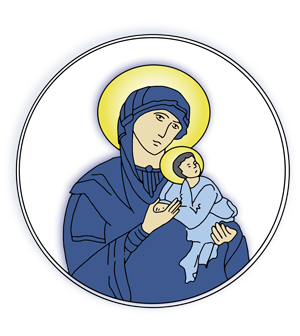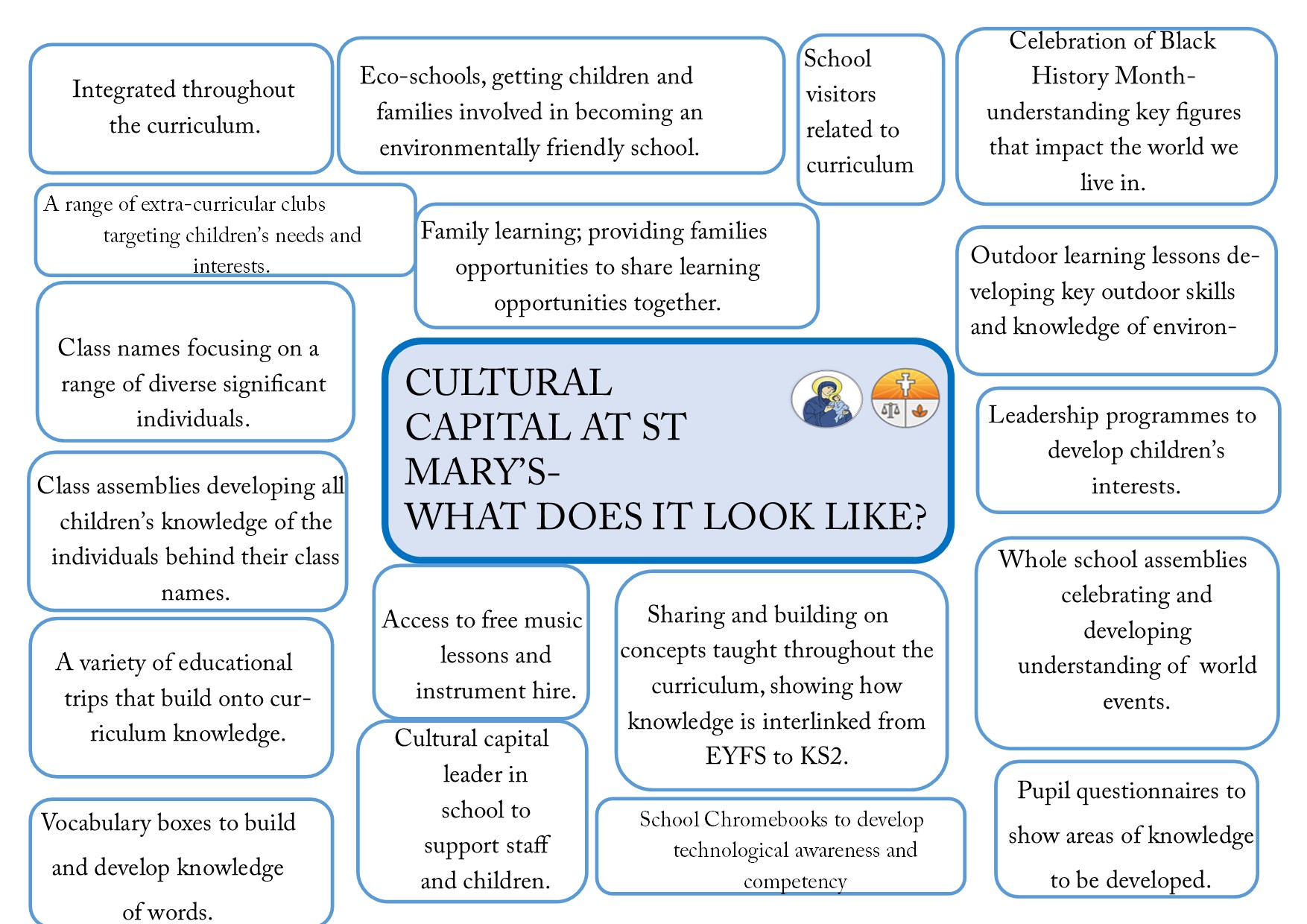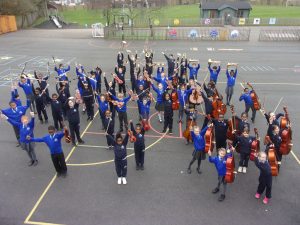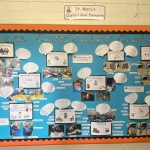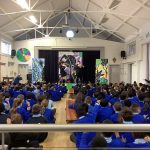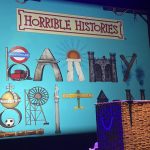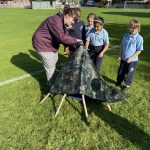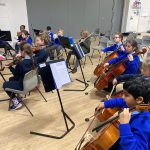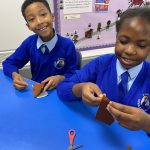What is Cultural Capital?
The term ‘cultural capital’ is associated with French sociologist Pierre Bourdieu (1930-2002). He used it to suggest why some children achieve better from an educational perspective than others. Bourdieu defined cultural capital as the various assets that people have including the way they speak, their level of education and their hobbies and interests. It is suggested that the amount of cultural capital you have can determine your academic achievements and success in the wider world.
From an educational perspective, in 2019, Ofsted defined cultural capital as “important to providing children with the essential knowledge they need to be educated citizens, preparing them for their future success”. In schools, this means providing knowledge, skills and a wide array of experiences about culture and the world in the past, present and future.
Orchestra
Playing in an orchestra is an incredibly enjoyable and valuable experience which develops musicianship. Players learn to fit in with other musicians, listening to them and understanding how the music they are playing fits in with what is going on around them. The process of rehearsing and performing with a diverse range of instruments in an orchestra is challenging but highly rewarding and can develop skills that can be applied to all walks of life such as confidence, resilience, team work and listening to name a few. Players who are part of an Orchestra tend to make faster progress than if they were playing alone. Here is our St Mary’s orchestra!
Cultural Capital Documents
Cultural Capital Opportunities at St Mary’s
